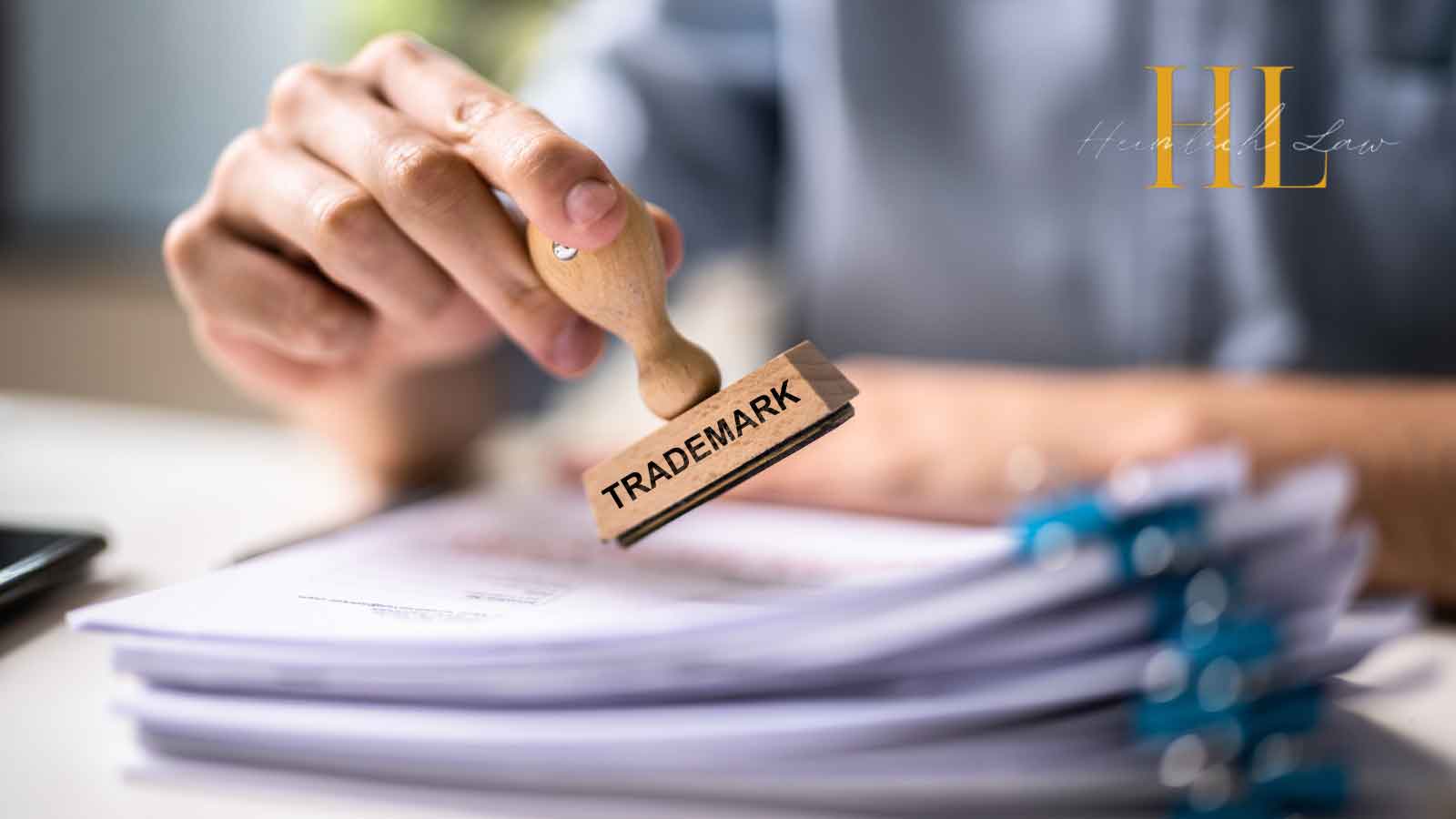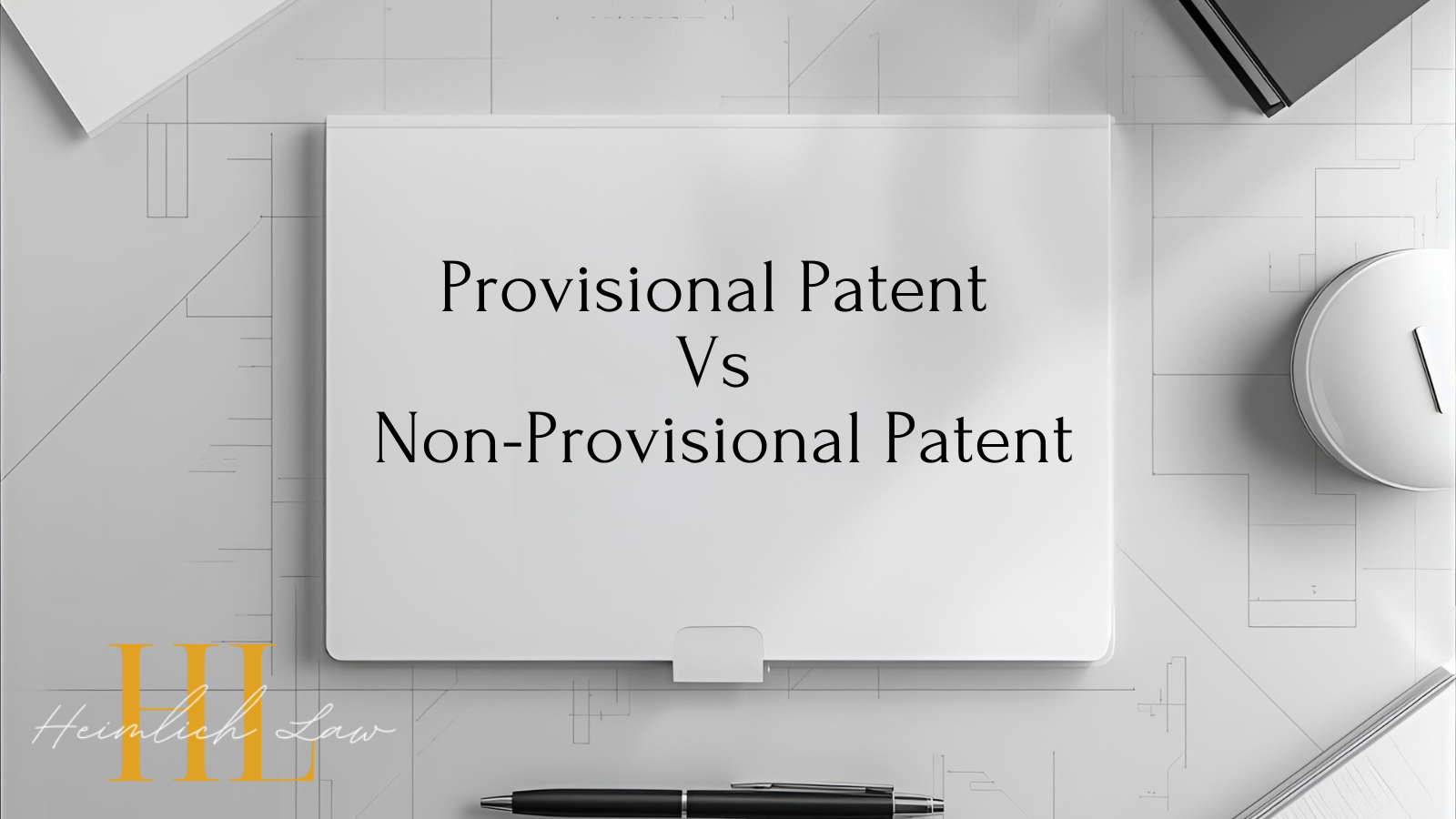It’s easy to assume your brand is protected the moment you create a logo or launch a product. However without formal trademark registration, your business may be exposed to legal risks you didn’t see coming.
Intellectual property lawyers have the knowledge to help you avoid costly disputes, lost rights, or brand confusion. In this blog, you’ll learn what happens when you don’t register a trademark, who can protect a product, and why legal guidance matters.
What Are the Ramifications of Not Registering a Trademark?
Many business owners delay trademark registration, thinking they’re saving time or money. Unfortunately, skipping this step can leave your brand wide open to threats you may not see coming. Aside from formality, registration is your strongest legal proof of ownership.
Without it, you risk losing control over the very identity of your business and/or product. Here are the risks of not registering your trademark:
Someone else can legally use your name
If your brand name, logo, or slogan isn’t registered, someone else can legally adopt something strikingly similar, or even identical, and you may have no grounds to stop them. They might register the trademark before you and, in doing so, gain full rights because the presumption is that the first to file wins.
In some cases, you could even be forced to rebrand, which can be a costly and stressful process. This includes redesigning marketing materials, updating websites, and rebuilding customer recognition from scratch, all because legal protection wasn’t in place from the start.
You may lose the right to sue
Without trademark registration, you risk losing one of your most powerful legal tools, the right to sue for infringement. It’s much harder to prove brand ownership without a federally registered trademark, especially if a competitor challenges your claim.
This could mean spending more time and money in court just trying to prove that your brand is yours in the first place. Registration gives you an official record, recognized by law, which makes legal enforcement quicker, clearer, and often more successful.
Your protection is limited to your local area
An unregistered trademark typically offers only “common law” rights, and those are limited to where you actively do business. That means someone else can legally register the same name in another state, or even nationwide, and claim full rights in areas where you’re not present.
If your business operates online or plans to expand, you’re left vulnerable. Without registration, there’s no legal shield protecting your brand once you step outside your current market.
Investors and buyers may see your brand as unprotected
If you’re planning to grow, attract investors, or sell your business someday, a registered trademark shows that your brand is legally secured. Investors often view unregistered brands as liabilities, something that could lead to disputes, unexpected lawsuits, or future rebranding costs.
Buyers want reassurance that your business assets are solid and protected. Without trademark registration, your brand could be seen as risky, making it harder to close deals or negotiate favorable terms.
Customer confusion can damage your reputation
When other businesses use a name or logo similar to yours, customers can get confused, and that confusion can cost you. If the other company offers low-quality products or poor service, your brand might take the blame.
Even if you’ve built a reputation for excellence, customers may associate you with a competitor’s mistakes. Over time, this erodes trust, weakens your brand image, and reduces the effectiveness of your marketing efforts, all because someone else was allowed to operate under a similar identity.
Who Can Trademark or Copyright a Product?
Protecting your work starts by knowing what kind of legal coverage it needs. Copyright protects original works like writing, art, music, and digital content. Trademarks, however, protect the elements that set your brand apart in the marketplace.
Common trademark identifiers include:
- Brand names
- Logos and symbols
- Taglines or slogans
- Product packaging or design
- Unique color schemes or sound marks
While both serve to protect intellectual property, they cover different aspects. Copyright protects what you create. Trademarks protect how you’re recognized.
A copyright attorney can help you determine which type of protection fits your product and ensure the proper legal steps are taken. They know how to assess originality, apply for the correct protection, and avoid mistakes that might cost you your rights down the line.
Whether you’re an artist, entrepreneur, small business owner, or freelancer, you may be eligible to copyright or trademark your work—as long as you can show ownership and intent to use it commercially. With legal guidance, you can secure your rights from the start and build your brand with confidence.
Call a Trademark Attorney
If you’re unsure whether your brand or product is protected, speaking with a trademark attorney is your next best move. Our lawyers at Heimlich Law PC assess your current situation and recommend a strategy that keeps your business secure.
Here’s what a trademark attorney can help you with:
- Trademark search and clearance: Before you invest in marketing or product packaging, a trademark attorney can conduct a search to make sure no one else is already using a similar name, logo, or slogan. This helps you avoid infringement issues and protects your business from future legal problems.
- Filing your trademark application: The application process involves strict legal requirements. A trademark attorney prepares and submits the necessary forms accurately, reducing the risk of delays, rejection, or mistakes that could affect your rights.
- Monitoring and enforcement: Once your trademark is registered, it’s your job to protect it. A lawyer can monitor new trademark filings and spot unauthorized use of your brand. If someone is using your name, logo, or slogan without permission, your attorney can send cease-and-desist letters or take further legal action.
- Defending your mark in case of disputes: If your trademark is ever challenged, or someone claims you’re infringing on theirs, your attorney can represent you in negotiations or litigation. Their job is to prove your ownership and defend the brand you’ve built.
- Protecting your brand long-term: Trademark rights can last indefinitely, but only if you maintain them. A lawyer helps you keep up with renewal deadlines, ensures your usage stays legally valid, and advises you if your business expands or changes over time.
Protect Your Business with Heimlich Law PC
Your brand deserves strong protection from the start. Let Heimlich Law PC help you claim and defend what’s yours. With years of experience guiding clients through trademark registration, we make the process clear, effective, and built around your goals.
Work with intellectual property lawyers who care about your success. Contact Heimlich Law PC today to schedule a consultation.






